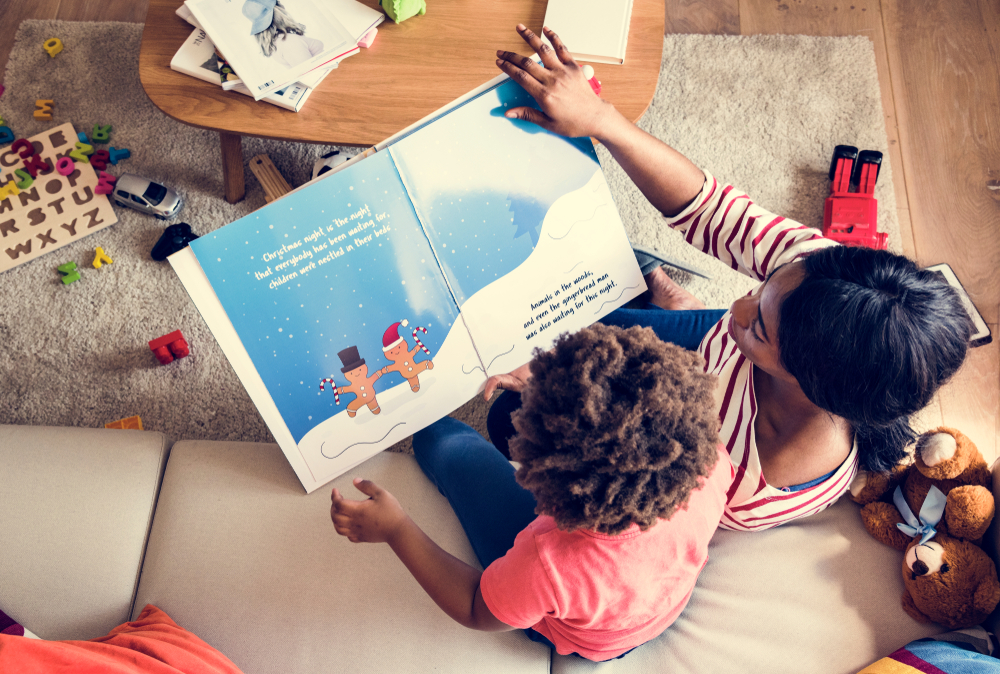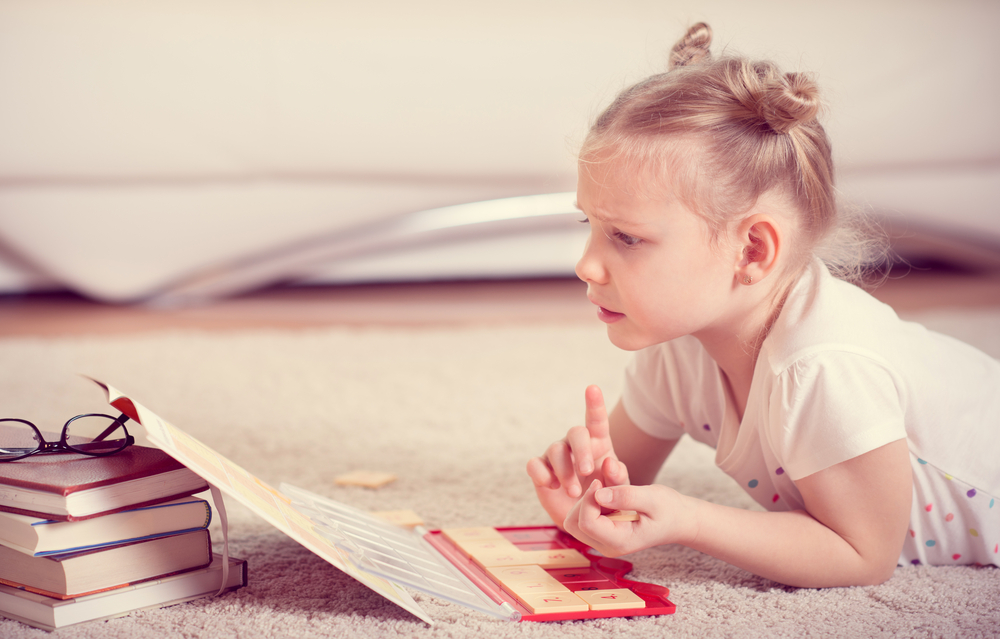Phonics recognition Normal Worksheets for Ages 3-7
14 filtered results
-
From - To
Discover our engaging Phonics Recognition Normal Worksheets, designed for children ages 3-7. These expertly crafted worksheets help young learners master the sounds of letters and words, enhancing their reading and writing skills. Tailored to align with early education standards, each activity promotes phonemic awareness through fun and interactive exercises. Ideal for parents and educators looking to support foundational literacy, our printable resources turn phonics into an enjoyable learning adventure. Boost your child's confidence and proficiency in no time with Kids Academy's comprehensive phonics worksheets. Start building a strong literacy foundation today!
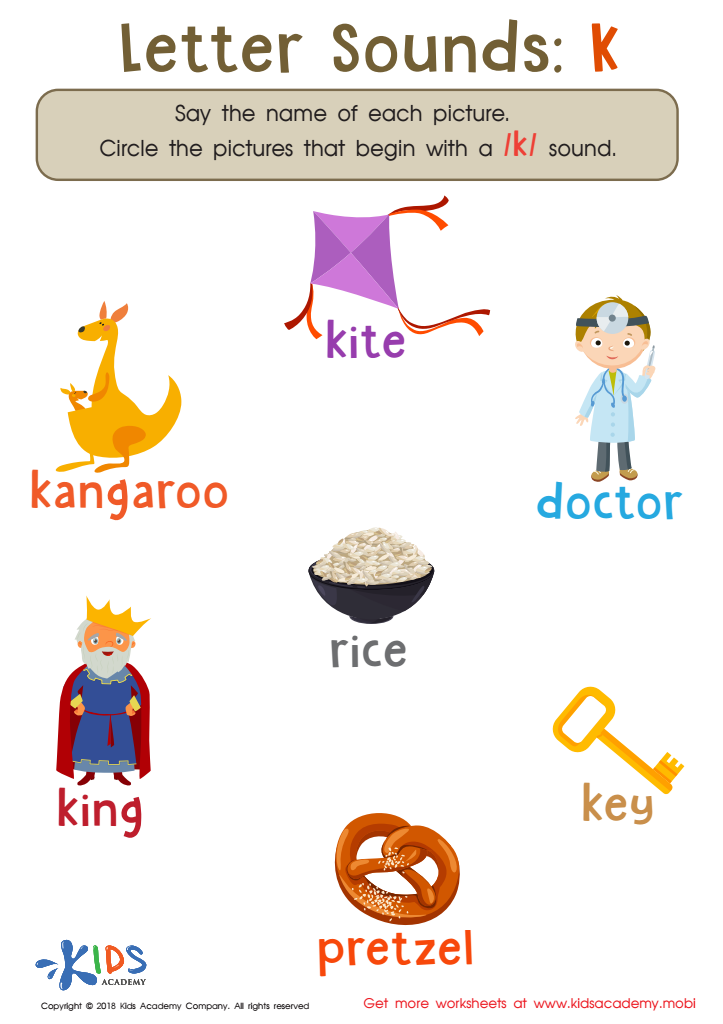

Letter K Sounds Worksheet
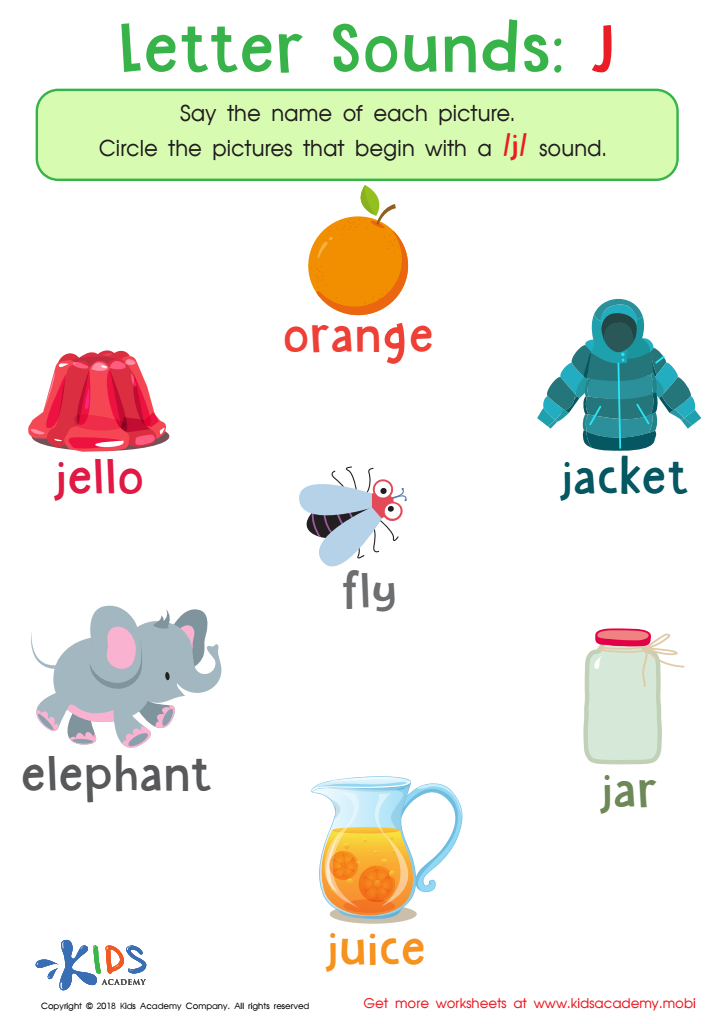

Letter Sounds: J Printable Worksheet
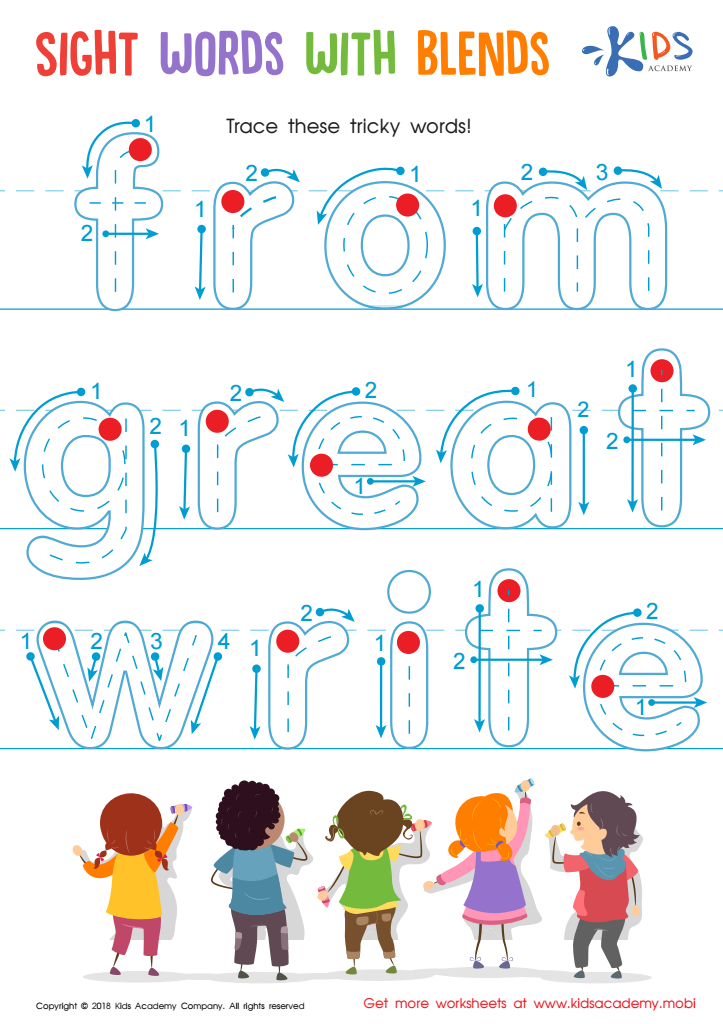

Sight Words with Blends Worksheet
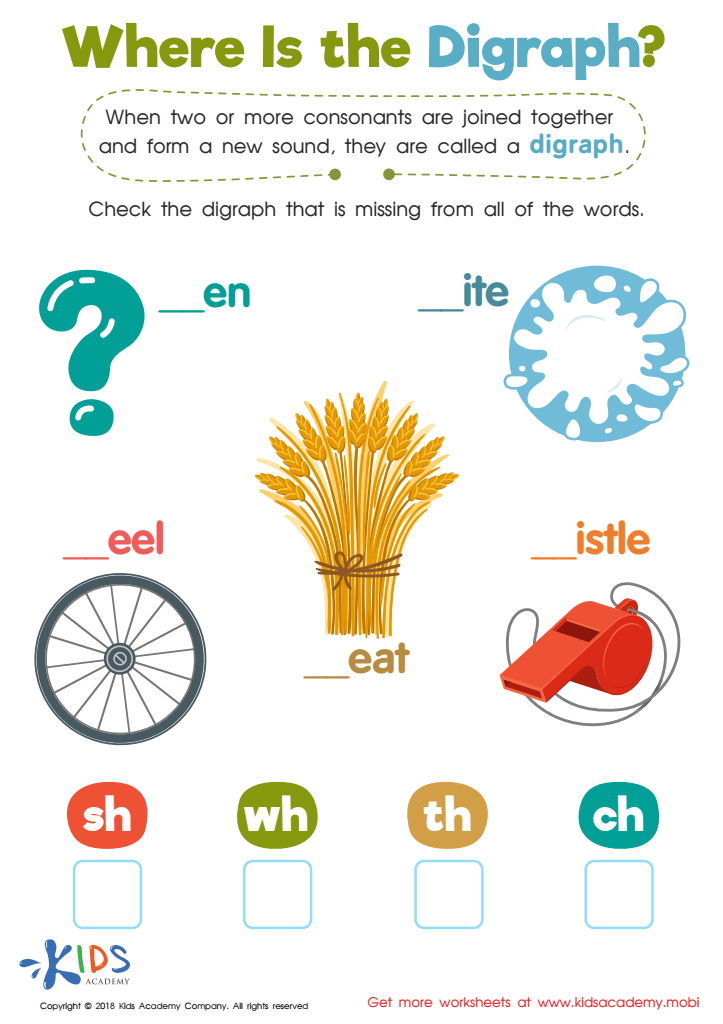

Where Is the Digraph? Worksheet
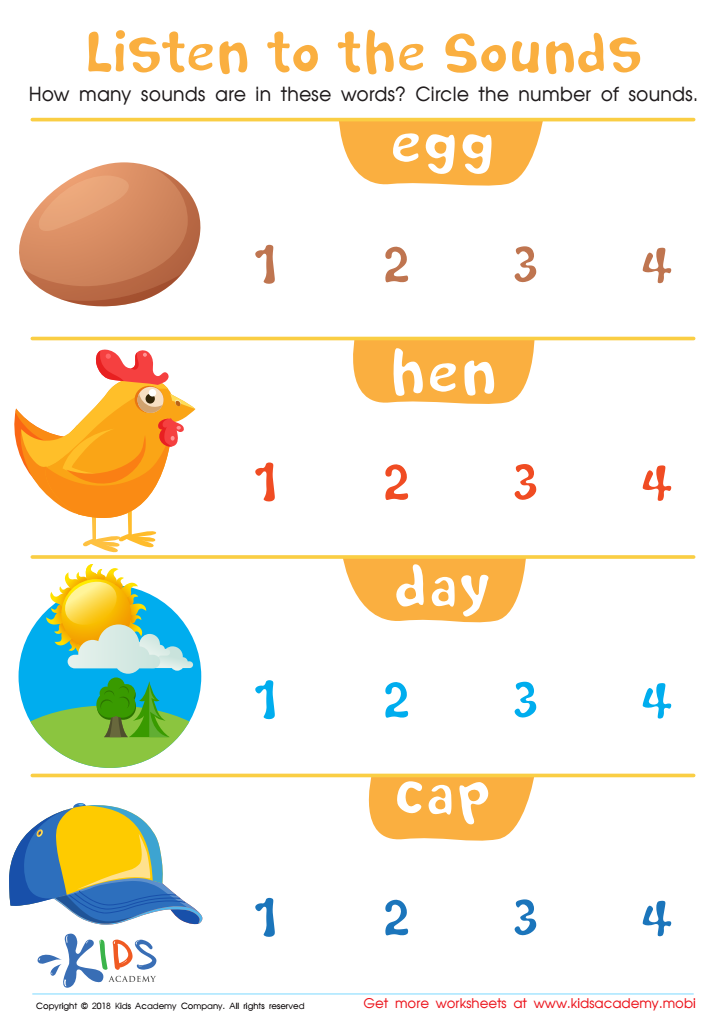

Listen to the Sounds Worksheet
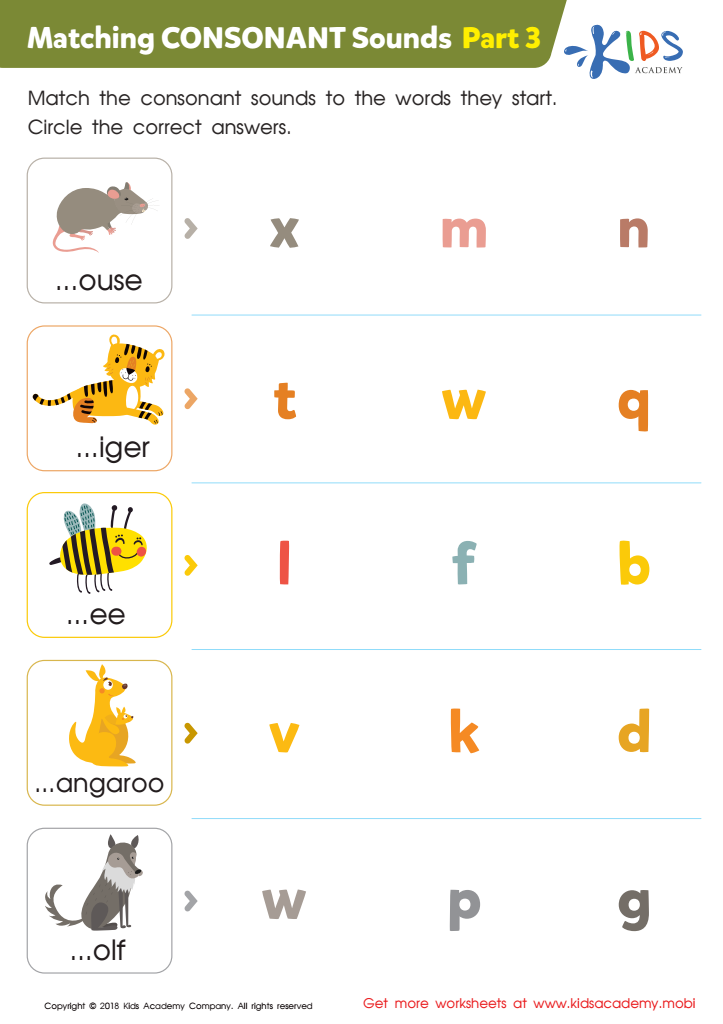

Matching Consonant Sounds: Part 3 Worksheet
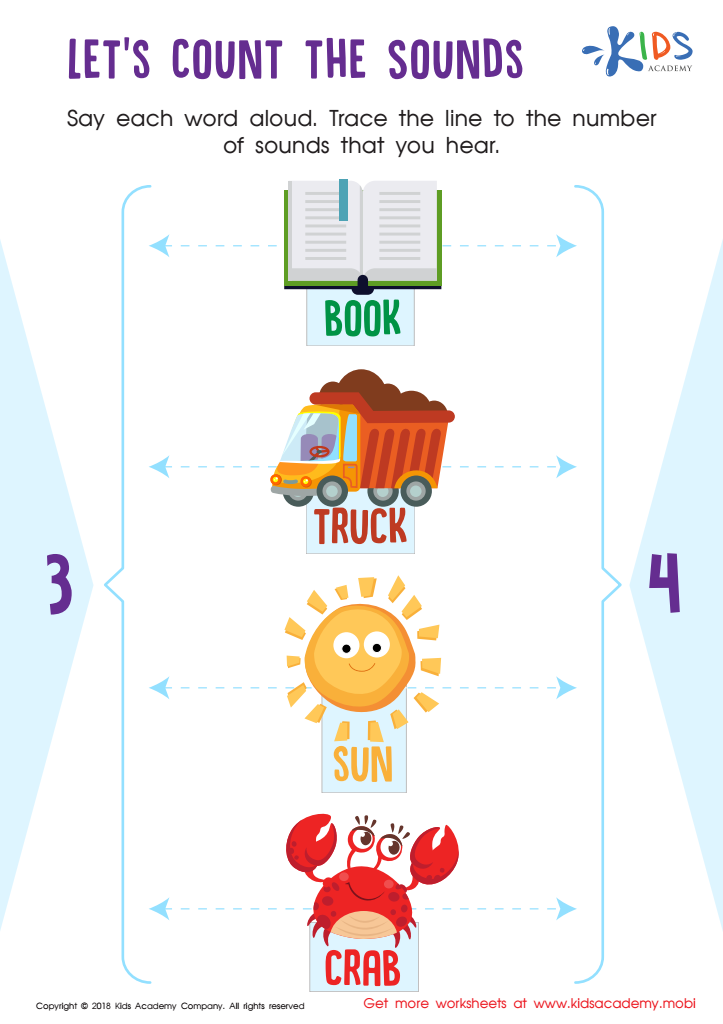

Let's Count the Sounds Worksheet
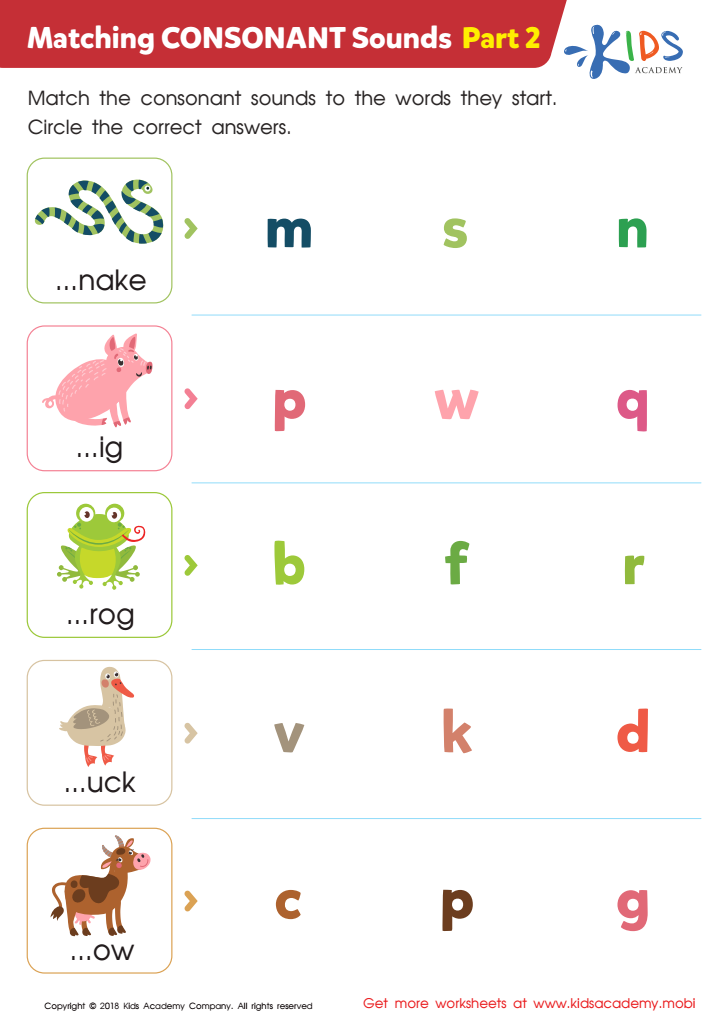

Matching Consonant Sounds: Part 2 Worksheet
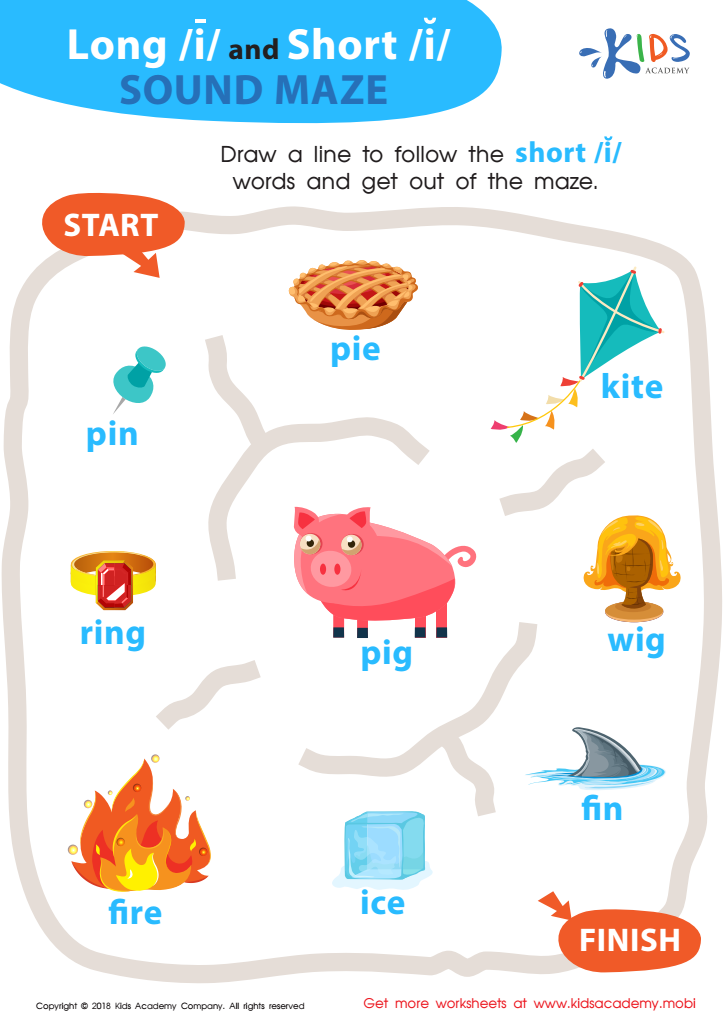

Reading: Long I and Short I Sound Maze Worksheet
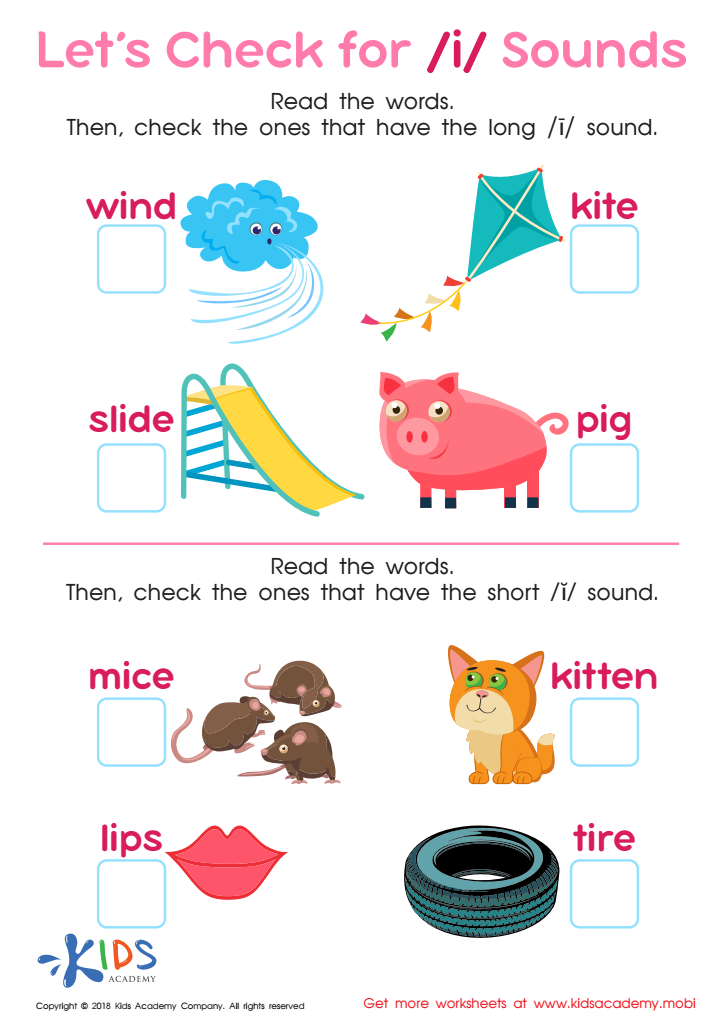

Let's Check for «i» Sounds Worksheet
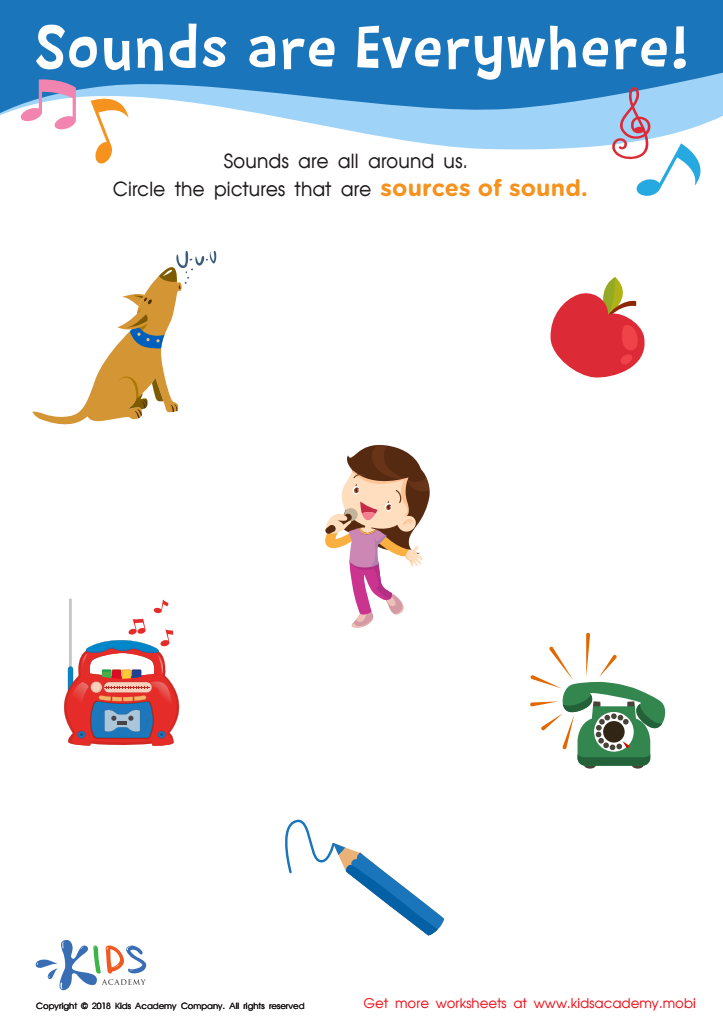

Sounds Are Everywhere! Worksheet


Phonics and Word Recognition: Assessment 1 ELA Worksheet
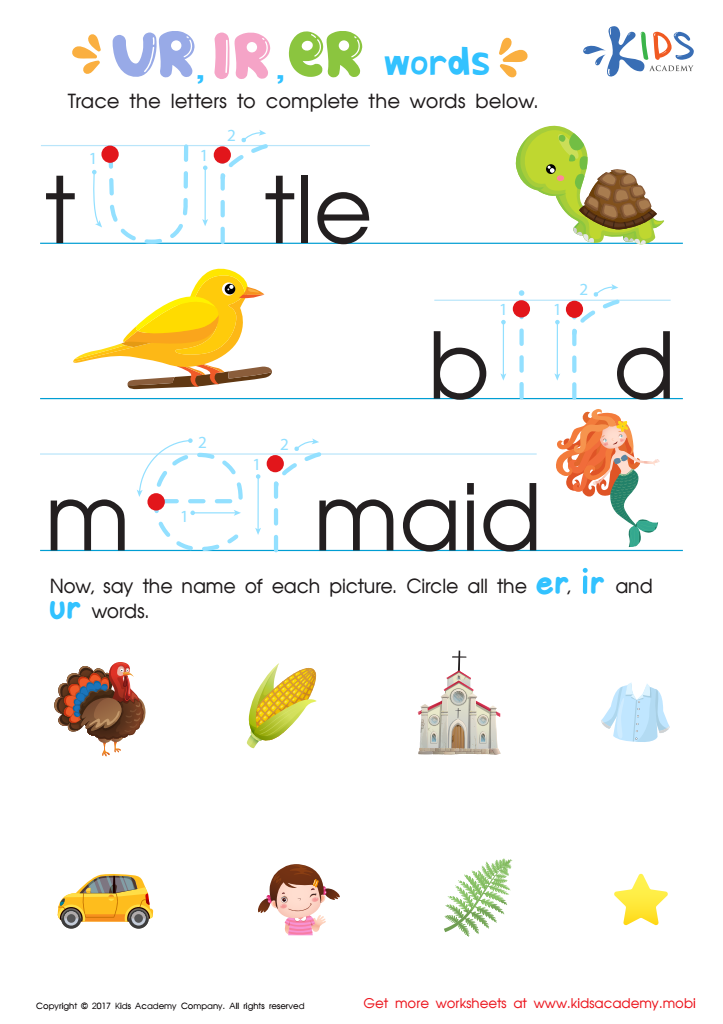

IR UR ER Words Worksheet
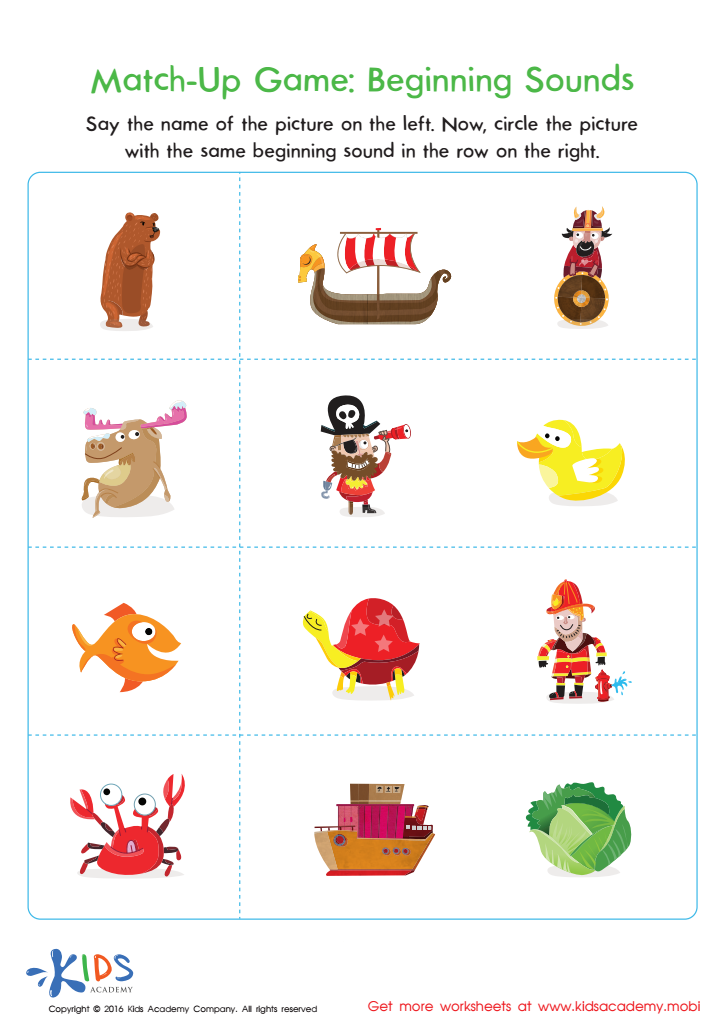

Match–Up Game: Beginning Sounds Worksheet
Phonics recognition is foundational for children ages 3-7, playing a crucial role in their literacy development. During these formative years, young children experience rapid cognitive and linguistic growth, making it the ideal time to introduce and reinforce phonics. Phonics, the relationship between letters and sounds, serves as the building block for reading and writing.
When children recognize phonics patterns, they can decode words more efficiently. This skill is essential for reading fluently, which in return supports better comprehension. Early phonics instruction has been linked to stronger reading abilities and academic success later in life. Additionally, mastering phonics boosts children's confidence and fosters a love for reading, which is crucial for lifelong learning.
For parents and teachers, emphasizing phonics in early education provides children with the tools they need to tackle more complex literacy tasks, minimizing future learning difficulties. Engaging activities, consistent practice, and positive reinforcement can significantly impact a child’s enthusiasm and proficiency in reading. Investing time in phonics at a young age lays a sturdy foundation for their educational journey, ensuring they are well-equipped for the increasing demands of more advanced literacy skills. Therefore, the importance of phonics recognition for children aged 3-7 cannot be overstated.
 Assign to My Students
Assign to My Students


